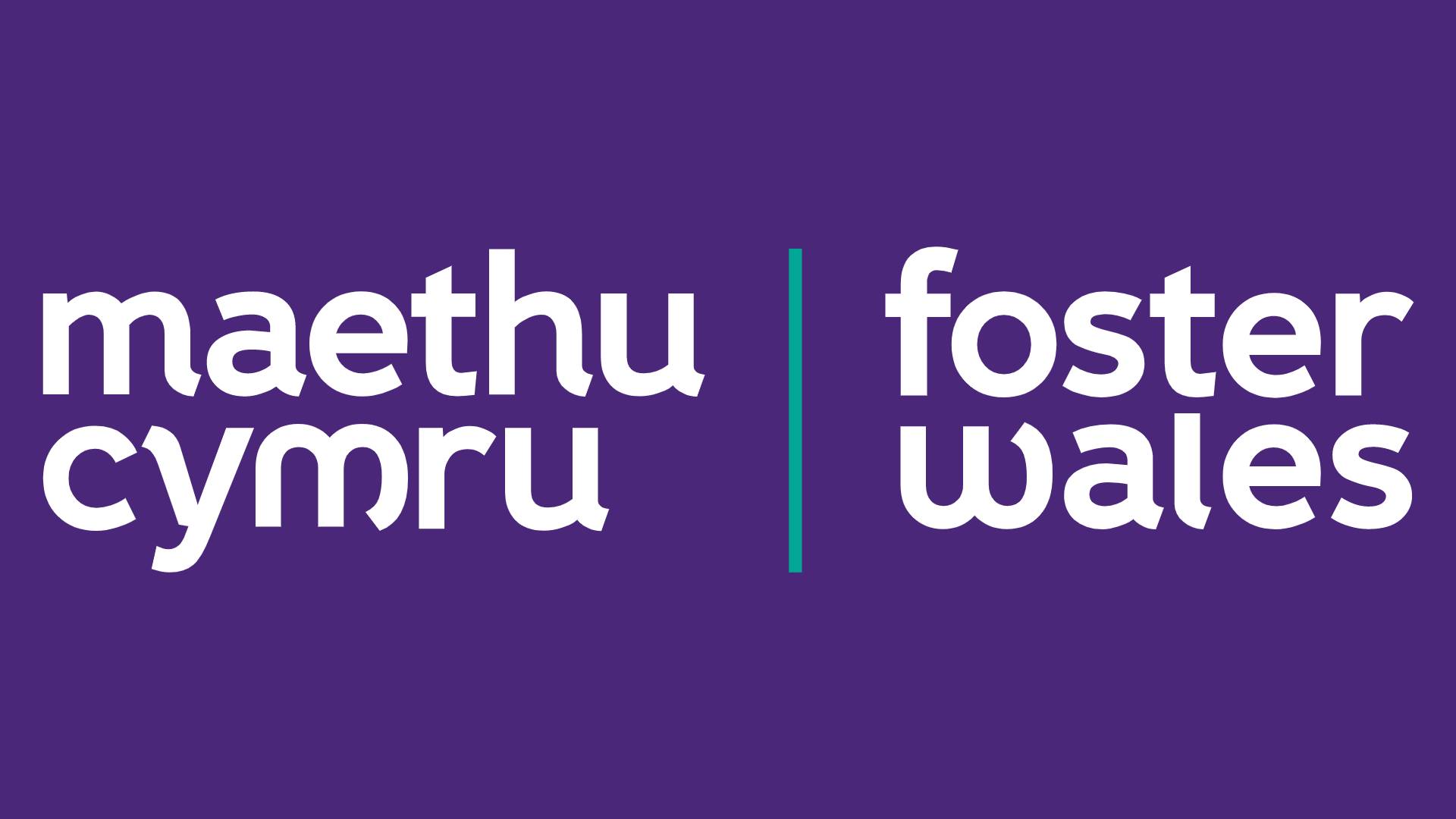Blog
What I want potential adoptive parents to know
14 February 2024
James is an adopted young person. Here, he shares his experiences along the adoption journey, and de-bunks some common adoption misconceptions, to increase understanding among potential adoptive parents.
My top 10 adoption myths and misconceptions
- I was officially adopted when I was nearly two years old, something I’ve always been very open about. Lots of people assume that because I am adopted, I’m an orphan, but there are many situations that lead to adoption.
- People think adoption is always sad and negative, but I’ve had lots of moments of happiness and celebration. We mark my ‘adoption day’ every year, using it as a time to come together as a family. Last year, we went for a meal and watched a movie, and I shared the celebration of the day on social media.
- It’s important for potential adoptive parents to understand that not all adopted young people are the same, and there is no one-size-fits-all way to support us. There is so much diversity in the adopted community, in every aspect of our lives.
- Lots of potential adoptive parents believe that if they adopt a baby, that child will be free from trauma, but this isn’t always the case, the trauma can surface later. However, there are lots of resources available to help people understand this complex issue.
- When you adopt, you’re choosing to give a child a home, not choosing to become a parent. It’s an important distinction that puts the child at the heart of the decision.
- Small comments can have a big impact. For example, when people have said “What about your real parents?” although it may just be a passing comment, it can have a really big impact on my day. Educating people about the right terms to use is very important to me so I explain and encourage them to use words such as ‘birth family’, ‘first family’ etc.
- Many people assume that if you’re adopted, you have a small family – but my ‘found family’ is big and includes my adopted family, and friends, who I see as my brothers and sisters.
- In TV shows and films, people who have been adopted are often portrayed poorly. There are also lots of depictions of young people who’ve been adopted as not very nice people in society. This behaviour is often blamed on the child being adopted. Watching things like this has sometimes hurt my feelings.
- Shows like ‘Long Lost Families’ can also be challenging to watch, as they reflect adoption decades ago – not adoption today. This makes it more difficult to try and explain how it is today.
- At school, I feel that not many of my peers understood adoption, and when I was younger, some children would make mean comments, which I think stems from a lack of understanding. I think more needs to be done to raise awareness of adoption in classrooms and in the wider school community.
The main thing I would advise potential adoptive parents to do is do lots of research into the adoption and post-adoption process – speaking to those with lived experience, listening to podcasts and speaking with the National Adoption Service. There are lots of resources available to help along the way – and this extends beyond the actual adoption – including support for the young person, as well.
Some of the resources include:
- National Adoption Service for Wales and their website www.adoptcymru.com
- Truth Be Told: Adoption Stories (Podcast)
- Adoption UK Cymru
For young people who have been adopted, it’s extremely important to connect with other young people who have been through similar experiences.
That’s why the Connect and Connected groups – a group of young care experienced people who meet regularly – have been so important for me. Although we don’t always talk about adoption, it’s good to have people that understand your experience.




